This section is for paid subscribers only. Our subscription is only $3700/- for one full year.
You get unlimited access to all paid section and features on the website with this subscription.
Subscribe to read full article
This section is for paid subscribers only. Our subscription is only $37/- for one full year.
You get unlimited access to all paid section and features on the website with this subscription.
Not ready for a full subscription?
You can access this article for $2, and have it saved to your account for one year.
- Release Date1971
- FormatColour
- LanguageHindi
- Length4432.39 meters
- Gauge35 mm
- Censor RatingU
- Censor Certificate NumberU-60368-MUM
- Certificate Date24/02/1970
“JWALA” is a story of patriots and traitors and of rivalries of petty kingdoms during the rich Gupta period. It tells us about two kingdoms and two generations who are entangled in Love and War.
Heroic Patriotic Maharaja Anup Singh is attacked by his arch enemy Raja of Rampur and in the battle that ensues; Anup Singh loses his kingdom and has to flee for his life. He is thus separated from his infant son Ajit, who has taken to the safety of the jungles by the trusted aide of Anup Singh. Whilst in this compulsory exile, Maharaja Anup Singh is befriended by Vanaraj and with his help goes from Kingdom to Kingdom to ask help to regain his lost Kingdom. Ajit in the meanwhile grows up in wild jungles among the wild animals, not knowing that he is the son of beloved Anup Singh.
The Raja of Rampur along with his daughters is travelling through the jungles when they are attacked by a band of Dacoits. Ajit, who was nearby hears the cries of their distress, comes to their aid and saves them from the Dacoits. The Raja is very pleased with the bravery of Ajit and appoints him as a captain in his Palace Army. Ajit falls in love with the beautiful princess.
The people of Seema Desh are completely frustrated with the evil and treacherous rule of Kumar, the son of Raja of Rampur, and his wicked Minister Vikram. The once rich and prosperous people are now nothing but poor unhappy paupers with no pride and dignity in them. Anup Singh cannot tolerate this vile treatment to his subjects and with help of friends becomes a dacoit robbing only the treasures of Raja of Rampur.
Not knowing the real identity of his father, nor knowing the real reason of the looting of the treasures by Anup Singh, Ajit takes upon himself the challenging and gruesome task of capturing the Dacoit. Thus father and son engaged in a flight to the finish.
JAWALA is a spectacle of grandeur, dance, and song. It is a story of good men, and of patriotism which burns in peoples’ bosoms. It is to be seen to be believed and appreciated.
[from the official booklet]
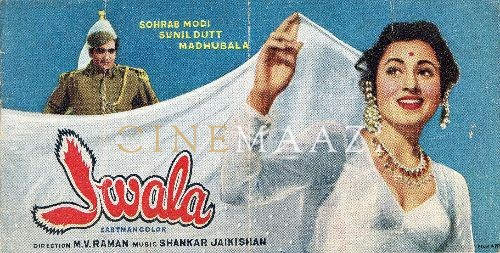
Cast
Crew
-
BannerRaaman Prod, madras
-
Director
-
Producer
-
Music Director
-
Director
-
Story Writer
-
Dialogues
-
Cinematography
-
Editing
-
Art Director/Production Design
-
Choreography
-
Action Director
-
Costumes
-
Make-up
-
Laboratory/ Processed atRamnord Research Lab. Ltd.
-
Music CompanyH M V.
-
StillsKamat Foto Flash






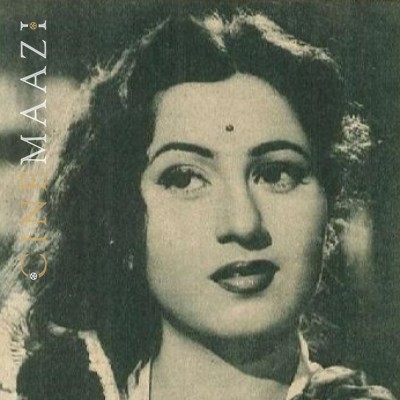
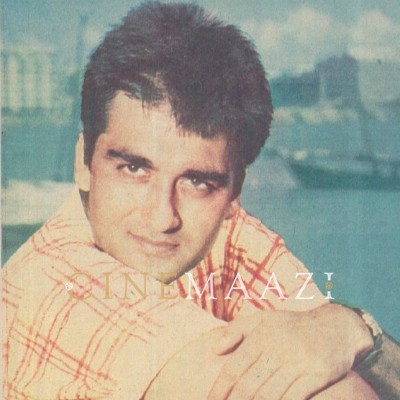


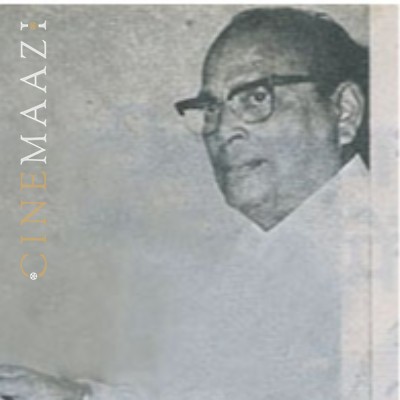


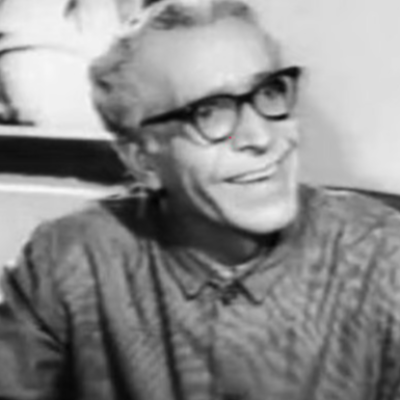
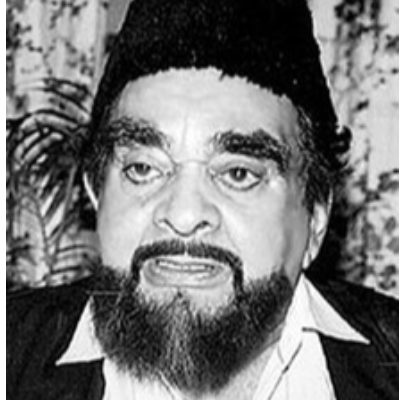

.jpg)

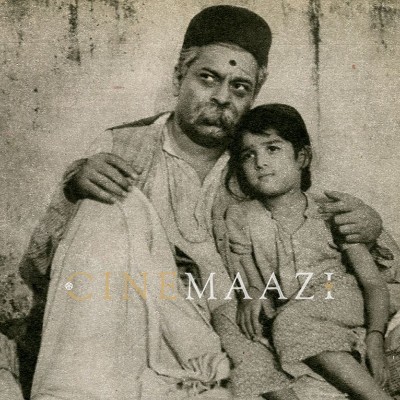
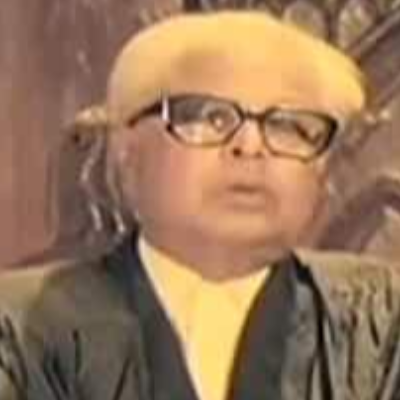
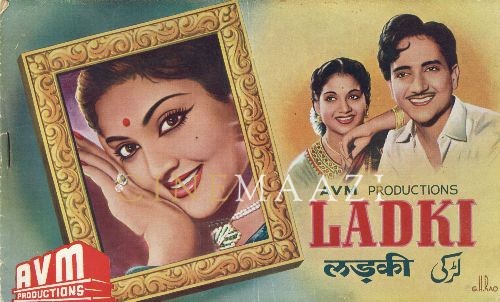


.jpg)



